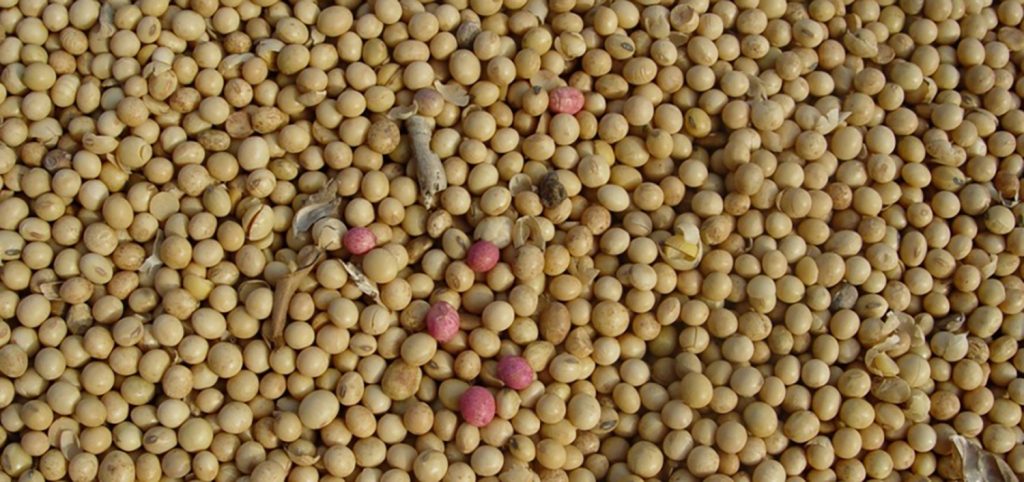The American Soybean Association (ASA) is among 400 farm and industry groups signed onto a letter shared with congressional leadership on agriculture’s budgetary needs in the 2023 Farm Bill. That letter sent to the chairmen and ranking members of both the House and Senate Budget Committees is a strong example of “united, we stand,” a phrase popular amongst the country’s founding fathers. Signees are hopeful modern leaders in the nation’s capital understand the value of agriculture and will take their needs into consideration when developing the fiscal year 2024 budget.
“We write to express our strong support for providing (…) sufficient budgetary resources to write a new bipartisan, multi-year, comprehensive, and meaningful piece of legislation,” the groups convey in the letter, continuing, “Just as there are many pressures on the federal budget, there are many pressures on U.S. farmers and others throughout the agricultural supply chain who provide food, feed, fuel, fiber, and other products to consumers across the United States and abroad.”
“We have been heartened by recent meetings with leadership — both in Congress and the administration — and appreciate their willingness during this farm bill reauthorization year to hear from the many of us who provide for our nation every day, keeping our families fed and clothed, our cars and fleets moving, and our nation’s economy strong and competitive,” ASA President Daryl Cates said. “Their decisions for the 2023 Farm Bill have the ability to sustain these indispensable businesses—both on the farm and those that support and are supported by farmers—and keep them viable in the years to come.”
International sales of U.S. farm and food products reached $196 billion in 2022, according to USDA. China is the top market for these products. When the trade war with China began in 2018, U.S. agriculture endured significant market impacts, revealing critical gaps in the farm safety net.
Cates says for soybeans, the China trade war was a crystal-clear indicator of the need for changes to farm bill legislation, typically put in place for five years.
“If a trade war capable of halting all sales of soy to our largest trading partner hardly triggered the farm safety net in the current farm bill it’s hard to envision a scenario that would provide real assistance without making significant improvements,” he said.
Along with ongoing volatility in China, the letter cites other disruptions continuing to impact U.S. agriculture, including the Russian invasion of Ukraine, COVID-19 and other supply chain disruptions, non-tariff trade barriers erected by multiple countries, and devastating natural disasters—many of which have led to rising production input costs at a time when projections for many crop cash receipts are lower.
The groups also note strong budget resources are needed for protecting and enhancing crop insurance, which assists with volatile weather and crop loss, improving access to voluntary conservation incentives, addressing rural development needs, investing in research for innovation and competitiveness, providing opportunities to help the nation become more energy independent and food secure, and supporting solutions to address logistics challenges.
Access the full letter here.





